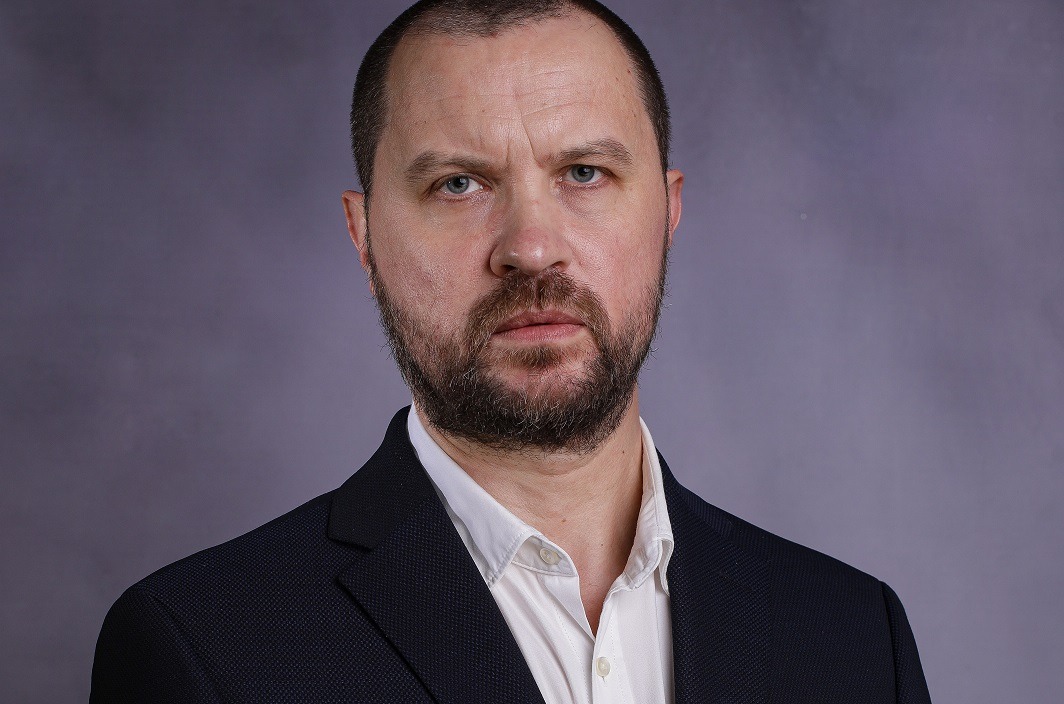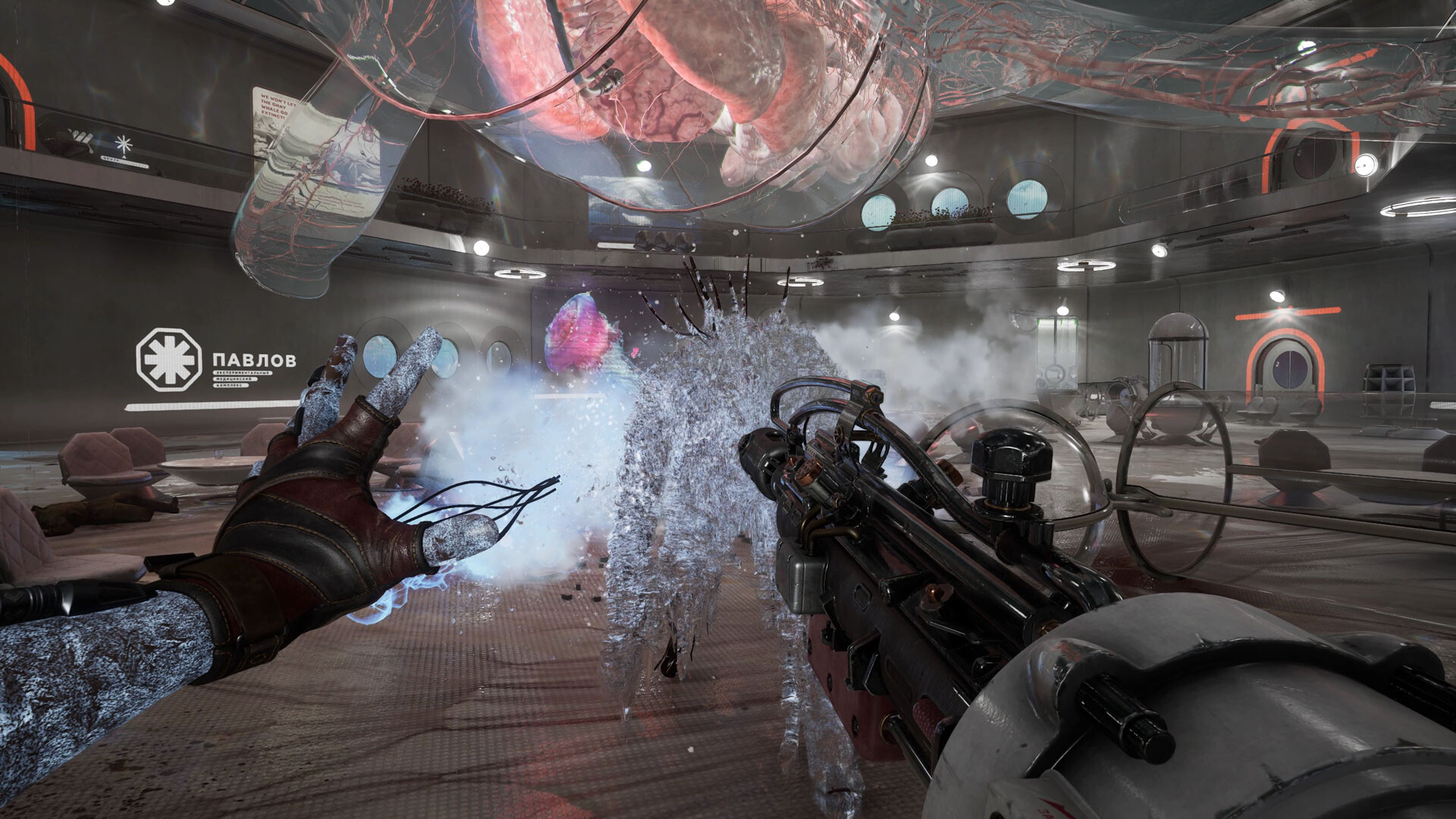With the proverbial slowness, President Klaus Iohannis reacted, on Thursday, to the latest attacks launched out of the blue by the PSD leader. Marcel Ciolacu has shown signs of nervousness and insecurity since the beginning of the year, against the backdrop of increasingly persistent rumors that he may not be nominated as prime minister in place of Nicolae Ciucă at the May election.
When the PSD announced at the beginning of the month that it was delaying the discussion in Parliament on education laws, a key part of the great presidential project Educated Romania, it became even clearer that the relationship between Marcel Ciolacu and Klaus Iohannis was in trouble, unclear for what reasons. The most convenient explanation: fearing that Iohannis will not make him prime minister, the PSD leader began to put pressure on Cotroceni.
The smoldering conflict with the president turned into a war on Sunday evening on Antena 3, when Ciolacu launched a frontal attack on the head of state, for the first time since the coalition was formed.
“I am not the evaluator nor a fan of President Klaus Iohannis, he is the president of Romania and I treated the presidential institution with respect. I would have liked that at certain moments of his reign he would have treated all the parties with the same measure, not to get involved in the electoral campaigns, I think it would have been a very good thing for the democracy in Romania and for the future of Romania, but each of us will answer for his deeds and why we did while we were statesmen in various capacities. I’m not in the laudatory mode. My opinion that they were lost for years because of grudges and political discussions and decisions at that time,” said Ciolacu.
Almost unimaginable words in the mouth of the PSD leader after the formation of the coalition with the PNL and, above all, in the mouth of someone who is waiting to be nominated by this very president whom he threatens to answer for his actions and whom he says wasted his time on Cotrocens.
It took several days for President Klaus Iohannis to articulate something. However, when he spoke, on Thursday, in Brussels, the head of state did not limit himself to just conveying to the PSD leader that “he took his mouth in advance”, but described how the government rotation will happen in May: “when the coalition will decides to make a change of government, all the interested parties will present themselves, they will present their points of view to me and in accordance with the Constitution I will then take the decision that will seem to me the best for Romania”.
It should be noted that the president did not make any reference to the coalition protocol, which stipulates that the future prime minister will be from the PSD. Klaus Iohannis suggests that he will make the decision without taking into account the political arrangement between PNL and PSD. Here, Marcel Ciolacu came with a little clarification, in the same threatening tone: “The nomination of the prime minister is the attribute of the president. Therefore, it is his lordship’s choice whether to continue the stability provided by the PSD to the governing act or throw the country into chaos.”
In other words, the PSD president threatens that, if he is not nominated as prime minister, he will not vote to invest the future government and the country will sink into chaos.
Prime Minister Nicolae Ciucă placed himself rather on the side of the PSD leader in the Iohannis – Ciolacu dispute, stating that “we have an agreed protocol at the coalition level. In what we have undertaken so far, I think it has been noticed that we have kept our commitments”. There would be more to say about the behavior of the PNL leader, but he is not the subject now.
This is how the latest political developments have shown, which, at first glance, herald a possible political crisis in the coming months.
However, there are several possible scenarios.
1. Klaus Iohannis wanted to show who holds the ultimate power in the state. This and nothing more. Most politicians believe that Marcel Ciolacu will be nominated as prime minister, stating that the head of state has restored the balance of power. He wanted to show that he is still making games in the state, even if he is heading rapidly towards the irrelevance to which the end of his term condemns him. We witnessed, therefore, a ritualistic set-up, a humorous reaction but without any effect on the agreed rotation for the month of May. Ciolacu will arrive, according to the agreement, at the Victoria Palace.
2. Klaus Iohannis wanted to suggest to him that he will not appoint Marcel Ciolacu as prime minister. A less likely scenario, but not at all excluded in the context of the war in Ukraine. If the conflict degenerates, it is hard to believe that Romania will have time for endless political negotiations for the exchange of ministries provided for in the protocol. They will paralyze the central administration for a long time, which is unthinkable against the backdrop of a major security crisis in the region. Today, Romania is the only reliable ally in Eastern Europe: Hungary is playing Russia’s card to the face, and Bulgaria is struggling in a prolonged government crisis since last year.
3. Between Marcel Ciolacu and Klaus Iohannis, the big electoral fight has already begun. If the PSD leader will really run for president, then his only opponent in the election campaign will be President Klaus Iohannis. The government he is part of cannot attack him, PNL and UDMR are governing partners, USR and AUR are in opposition. All the electoral campaigns in Romania actually mean a one-on-one fight with the president in office. If we are in this scenario, then Klaus Iohannis will not have any interest in nominating Marcel Ciolacu as prime minister, but in trying to dismantle the PSD, by nominating another PSED leader for the position of prime minister. If he fails to do so, his only legacy may be to bring the PSD to power after the 2024 elections. However, the nomination of the prime minister is his last political bullet. After this gesture, Klaus Iohannis becomes truly irrelevant.
In conclusion, what did Klaus Iohannis do? Did he just remind Marcel Ciolacu who is the boss in Romania or did he just inform him that he will not make him prime minister? Now it is far too early for clear answers. If the looting will stop here, we are very likely in the first scenario and Ciolacu will be at the head of the Government in a few months. If we enter the spiral of mutual attacks, then we are in scenario two and three: Ciolacu will not become prime minister, PSD jumps in the air or moves disciplinedly into the opposition, and the PSD leader will prepare for his first real political battles: the Capital city hall or the presidency Romania. That is if he manages to keep his position in the party.
Let’s not forget, however, that in Romania contracts/agreements/protocols do not represent much, apart from worthless words on a piece of paper. Political instability can be triggered at any time, just like in any other Eastern European country, by power games that have nothing to do with the public interest. Just as well, what today seems like the beginning of a crisis can end suddenly through deals under the table, through Byzantine games, through the intervention of other power centers in the state, about which we will learn later or never.
PS: Another, less visible but perhaps the most serious reason for the quarrel between Marcel Ciolacu and Klaus Iohannis is the surcharge demanded by PSD on OMV-Petrom profits. The PSD accuses the energy minister, Virgil Popescu, of having badly negotiated the European regulation on the overtaxing of energy companies, while the liberals try to throw all the blame on the PSD finance minister Adrian Câciu. For this reason, Ciolacu would have attacked Virgil Popescu and Klaus Iohannis together on Sunday evening, especially since the overtaxing of large companies is a key issue for the PSD.


